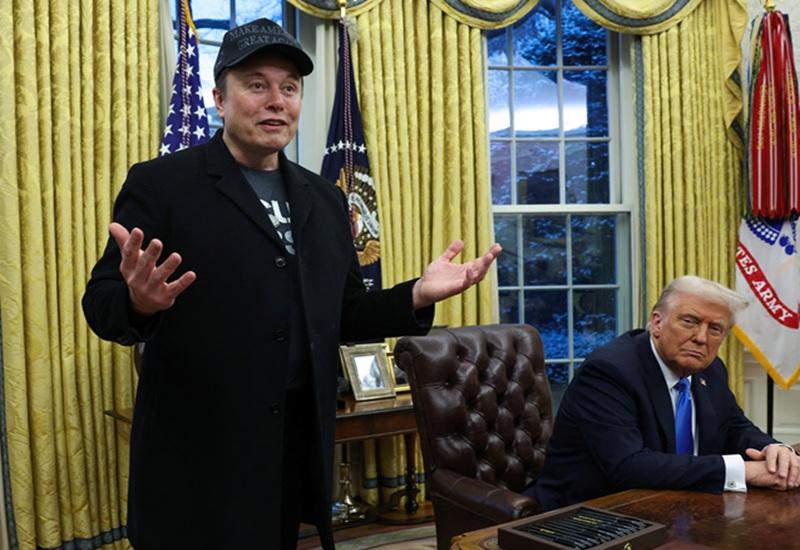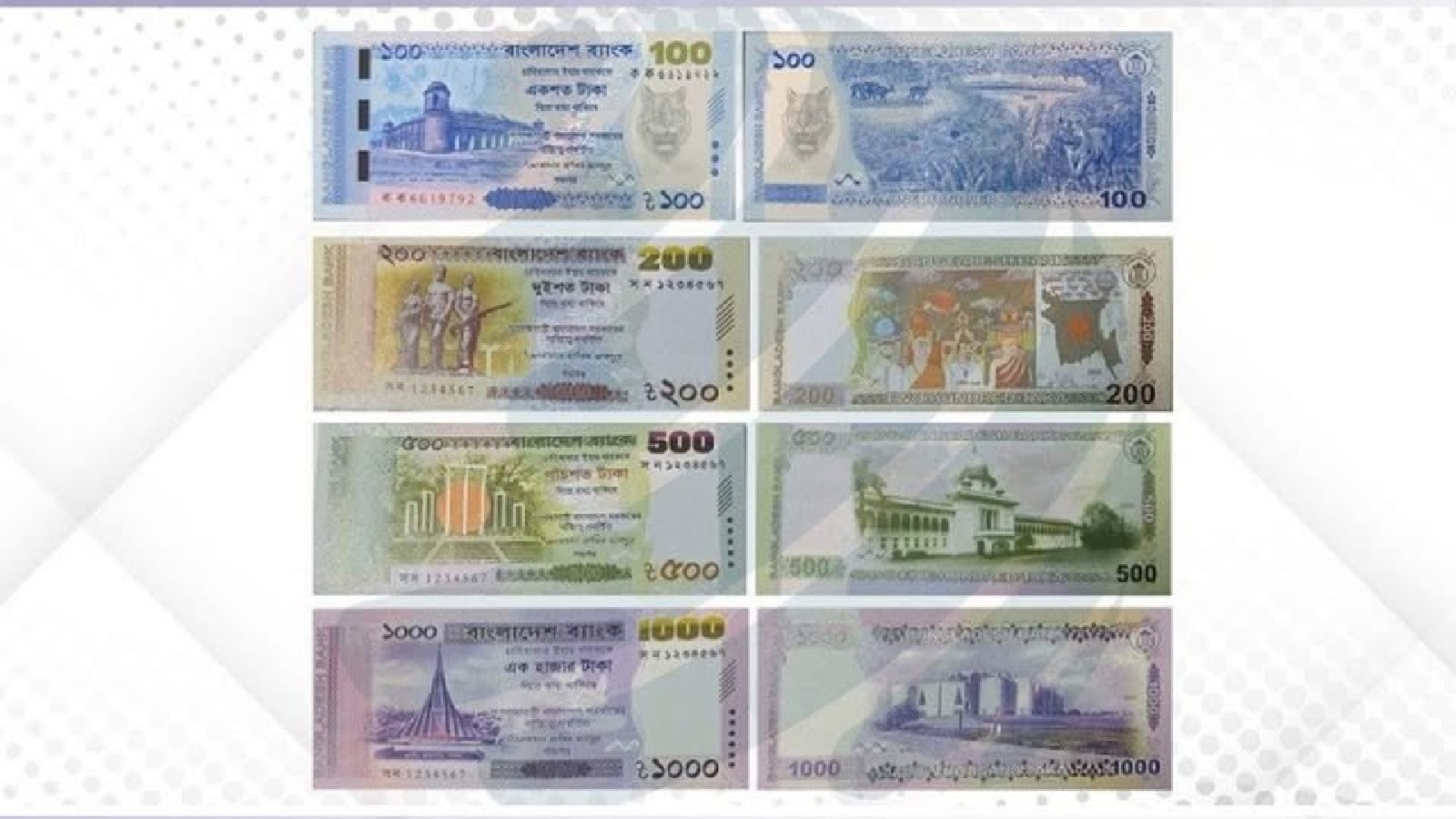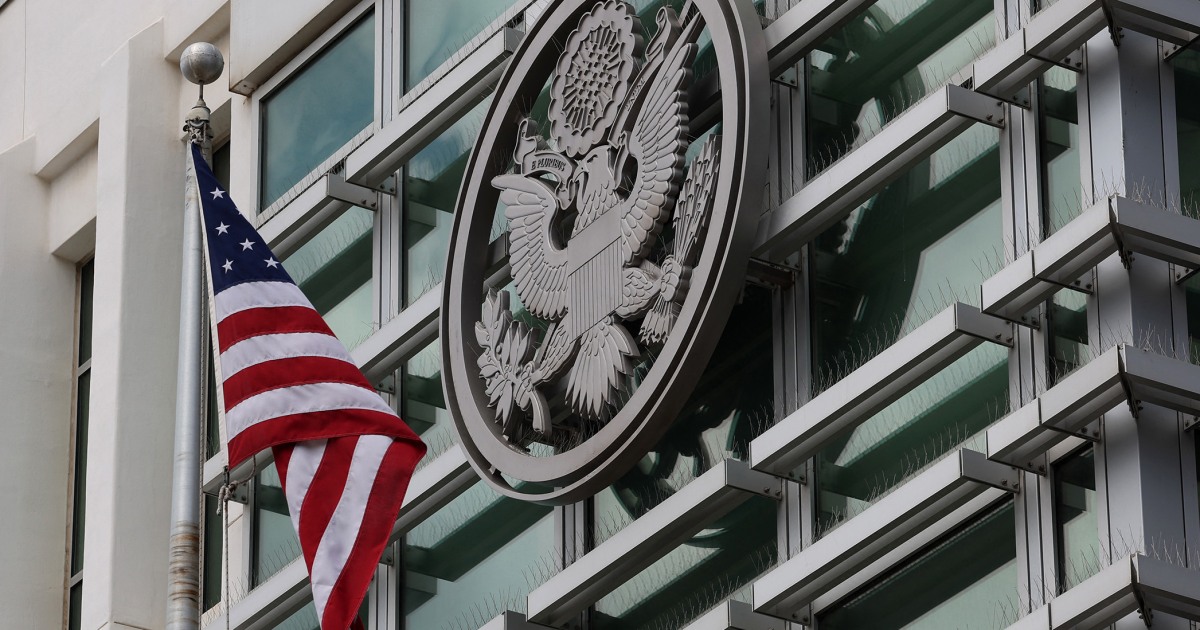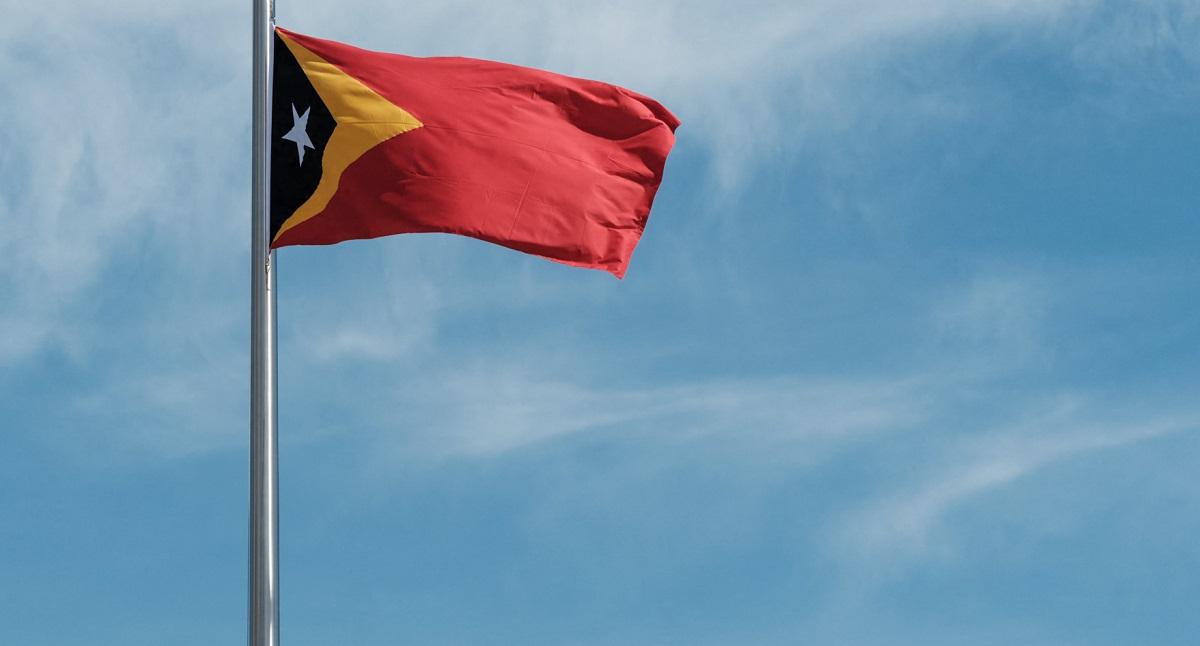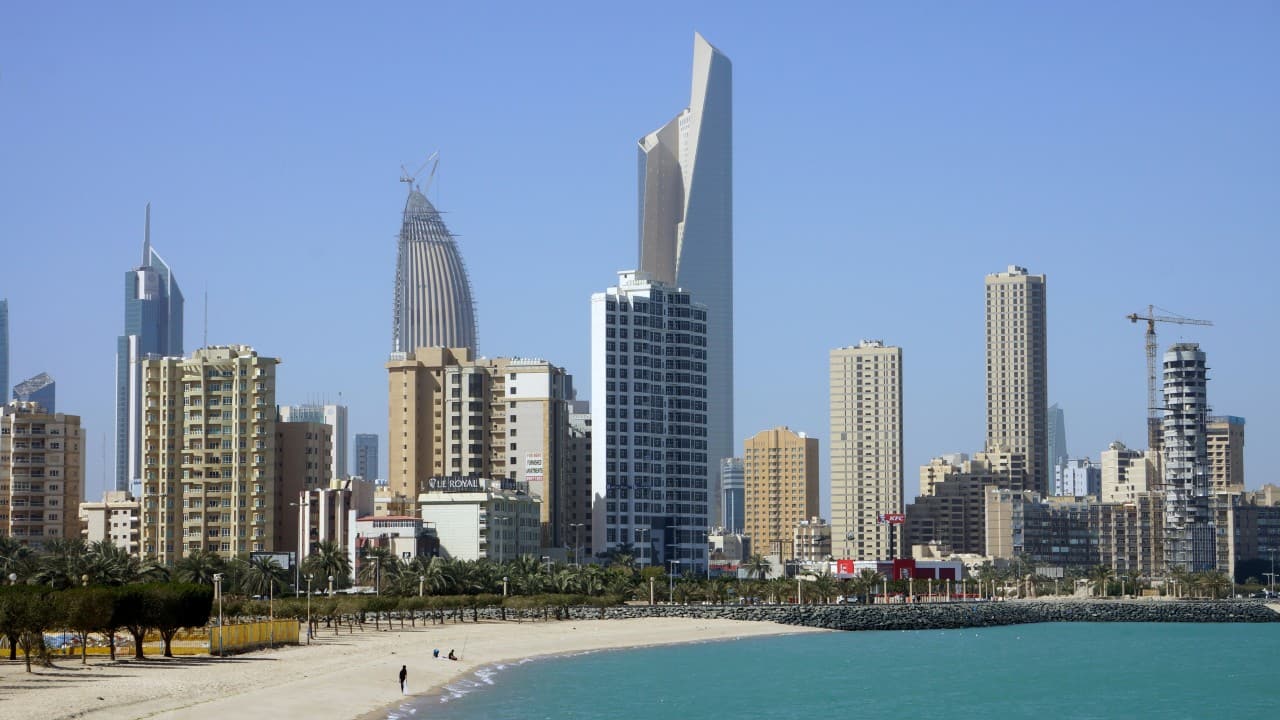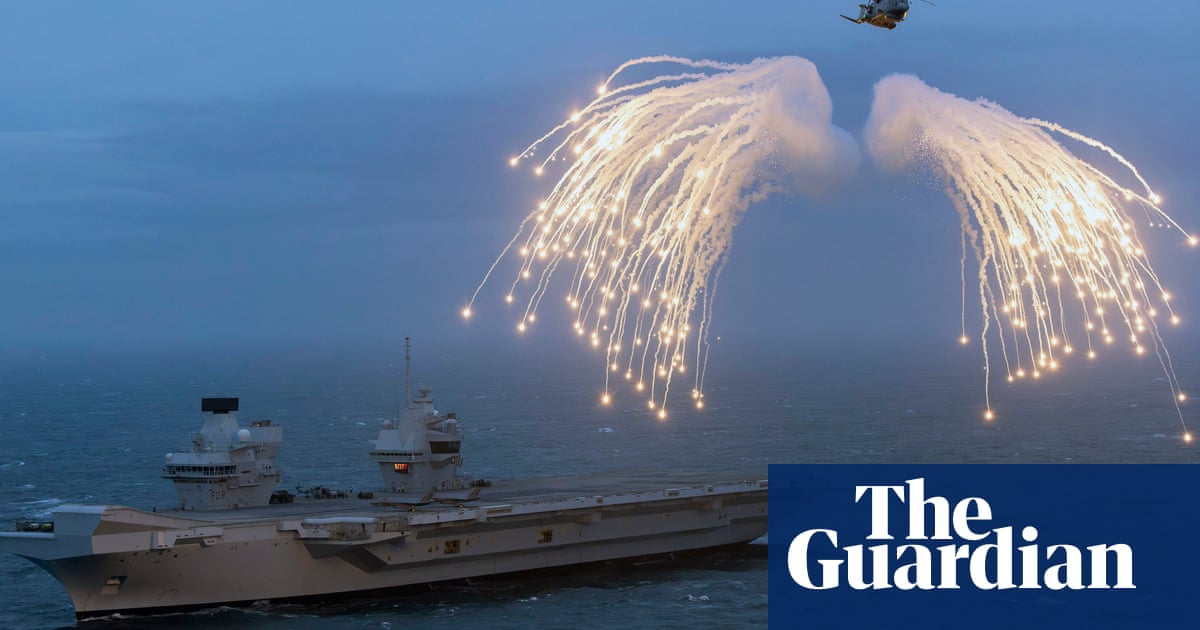King Charles III Addresses Canadian Parliament Amidst Rising U.S. Tensions
OTTAWA, Ontario (AP) — In a significant address that resonated deeply with Canadians, King Charles III underscored the unprecedented challenges facing Canada while opening the Canadian Parliament on Tuesday. This speech, delivered in the Senate, was not only a display of royal tradition but also a strong affirmation of Canada’s sovereignty, particularly in light of the contentious political climate with the United States under President Donald Trump.
The king, who serves as the head of state for Canada—a member of the Commonwealth of Nations—was invited by Prime Minister Mark Carney to deliver the speech from the throne. This invitation came in response to Trump’s repeated provocative suggestions that Canada might consider becoming the 51st state of the United States. Such comments have sparked widespread concern and debate across Canada, prompting the Liberal government to seek a reaffirmation of its national identity.
“We must face reality: since the Second World War, our world has never been more dangerous and unstable,” Charles stated, addressing the assembled members of Parliament in both English and French, one of Canada’s two official languages. “Canada is facing challenges that, in our lifetimes, are unprecedented.” This remark reflects a growing sense of anxiety among Canadians about the rapidly changing global landscape, particularly in light of geopolitical tensions.
In his speech, the king reaffirmed Canada’s sovereignty, proclaiming, “The True North is indeed strong and free.” This declaration is particularly poignant given the current climate of apprehension regarding U.S. foreign policy under Trump, who is known for his confrontational style and protectionist economic measures.
King Charles’ appearance marked a rare moment in Canadian history; it has been nearly 70 years since his mother, the late Queen Elizabeth II, last opened Parliament. During her reign, she performed this ceremonial duty only twice, making Charles' delivery of the speech from the throne particularly significant. The king took a moment to reflect on Canada’s evolution, noting, “Canada has dramatically changed: repatriating its constitution, achieving full independence and witnessing immense growth.” He highlighted the country's embrace of its diverse roots, including British, French, and Indigenous cultures, and celebrated its transformation into a bilingual and multicultural society.
Among the priorities outlined in his speech was the protection of the French language and Quebec culture, which he identified as central to Canada's national identity. This focus is especially relevant given the ongoing discussions about language rights and cultural preservation in a country that prides itself on its diversity.
The king drew parallels between the current global context and the challenges Canada faced during the Cold War era, stating, “Freedom and democracy were under threat.” His insights resonated with many Canadians who view the current political landscape as a critical juncture for the nation.
It is important to note that the speech was crafted by the Canadian government, reflecting its priorities rather than those of the monarchy. While King Charles delivered the speech as a nonpartisan head of state, he had the opportunity to add personal remarks, which he used to reiterate the importance of Canada’s sovereignty.
Prime Minister Mark Carney, who has been vocal about the need to clearly distinguish Canada from its southern neighbor, emphasized the significance of the king’s visit. Carney took office with a mandate to counteract the aggressive posturing of Trump, and he has already embarked on diplomatic trips to London and Paris, the capitals of Canada’s founding nations.
As part of his address, Charles touched upon trade relations, highlighting that over 75% of Canadian exports go to the United States. He acknowledged the threat of potential tariffs imposed by Trump’s administration, which could impact the Canadian economy. Furthermore, the king supported the protection of Quebec’s dairy supply management system amid ongoing trade negotiations that have seen Trump criticize this sector.
Moreover, the king addressed the necessity for Canada to reinforce its military capabilities, especially in light of Trump’s criticisms regarding defense spending. He mentioned that Canada would explore purchasing military equipment from the European Union, joining the “REARM Europe” initiative—a significant defense procurement project aimed at enhancing military production in Europe. Notably, there was no mention of procuring arms from the U.S., signaling a clear intent to diversify Canada's defense partnerships.
The ceremonial aspects of the event were equally compelling. King Charles arrived at the Senate of Canada Building in a horse-drawn carriage, accompanied by a procession of 28 horses. He was greeted with a 21-gun salute and an inspection of a 100-person honor guard, creating a sense of grandeur that underscored the importance of the occasion. Notable figures, including former Prime Ministers Justin Trudeau and Stephen Harper, attended the event, further emphasizing the significance of this royal visit.
After the speech, Charles made a brief visit to Canada’s National War Memorial, reinforcing the connection between the monarchy and the historical sacrifices made by Canadians in defense of freedom.
The visit concluded with warm exchanges from the crowd, as citizens expressed their gratitude for the royal couple's presence. According to Justin Vovk, a Canadian royal historian, the king’s address evoked memories of Queen Elizabeth II’s visit to Grenada in 1985, demonstrating the enduring connection between the monarchy and its former colonies, even amidst evolving global dynamics.
King Charles III, who is also the monarch of several other realms, including Australia, New Zealand, and Jamaica, continues to exercise no political power in any of these nations. His role remains largely symbolic, serving to unify the Commonwealth while promoting shared values and traditions.











